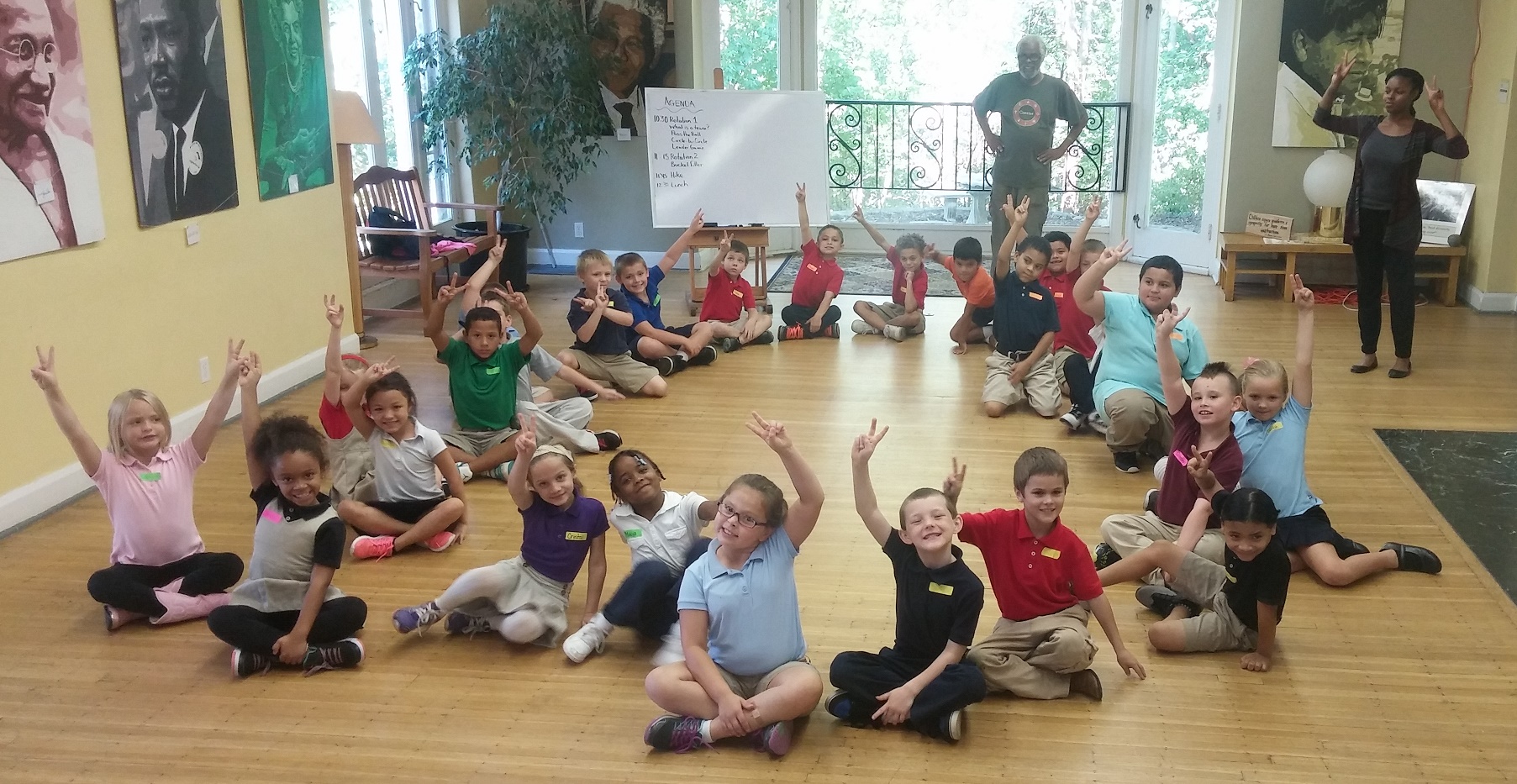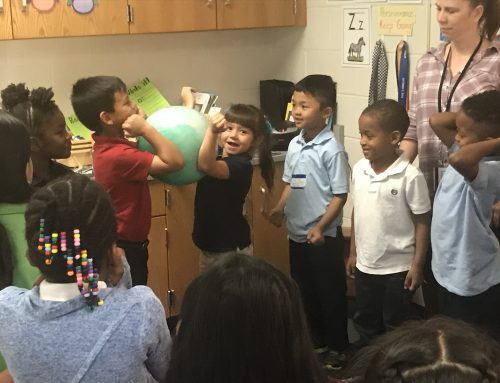The Mr. Anybody Lesson
I have been known to ask educators and youth workers, “How do we get better at basketball or become better readers?” Without hesitation, they always tell me, “practice.” Next I ask, “how do we get better at resolving conflict?”
Almost always I am answered with silence. In some groups who are willing to be honest, I hear things like “You get sent to the principal’s office” or “you get told to be quiet.”
The skills required to coexist peacefully with each other are the same skills that help us learn together and help us create healthy communities. Believe it or not, much of our time is spent convincing those who work with children that these skills deserve time and attention.
If we know that a healthy school climate helps keep kids learning and keeps them in school, why don’t we prioritize the learning which creates that healthy school climate? Maybe it’s because teachers don’t feel adequately prepared to do so. Maybe it’s because teachers have been warned against taking a few minutes from curriculum, standards, and pacing guides to tune in to what is really needed in their classrooms. We at Peace Learning Center have found, after 18 years of working with youth,that a small investment in time and energy pays off in lasting and remarkable ways.
The lasting value of peace education hit home for me, literally, when one of our facilitators worked with my daughter’s preschool classroom. JT, the facilitator, came to me afterward and told me that my daughter didn’t say a word in the last session. I didn’t think much of it because she is a pretty reserved person in social groups. A few days later she asked for scissors and began working hard on a “project.” She came to me and introduced a paper figure called “Mr. Anybody”, explaining that when we say mean things to him, it breaks him in to pieces. She showed me the confetti-like remnants of Mr. Anybody and invited me to tell him something mean so I said to him, “You are terrible.”
She silently cut another piece off of his now tiny body and solemnly looked to me for a response. I told her that I felt really sorry for Mr. Anybody. She reassured me, explaining that by saying kind things, being a friend, and telling him that we are sorry we could try to rebuild him but that he will never be the same as he was before we said mean things to him. She spent the next half hour patiently gluing him back together and affirming him in the sweet ways that only 4 year olds know how to do. In the days that have followed she has referenced the value of kind words many times.
All of this came from a short lesson called Mr. Anybody. JT was surprised that she retained so much, having not spoken a word during the activity. We had discussed feelings, kindness, using nice words as many times as you’d expect in a family of educators, but it took an experienced facilitator, a clever activity, and a peer group to make it stick. As she carefully demonstrated her learning, I couldn’t stop thinking, “This really works. Every kid deserve..no needs, to learn this.” Mr. Anybody also paved the way for her learn a model for conflict resolution that we now use daily to communicate at home when we disagree or become upset..and yes, conflict does happen daily, even in a peacemaker’s home!
Teaching children the skills that they will need to be peacemakers must not be an afterthought or a one-time endeavor. It takes work and practice, just like anything else worth learning. It also must be a school-wide effort that includes all teachers, staff, and administrators to really take root. Children want peaceful environments for learning and living and are fully capable of learning to be peacemakers, if we just give them the tools, modeling, and space to do it.
Ask your children and their schools what they are already doing to equip students to resolve conflict peacefully. Encourage and practice peacemaking at home and help connect your child’s schools with organizations like Peace Learning Center who are able to help schools become more peaceful, inviting spaces where youth feel connected and are set up to succeed.
Written by Kristina Hulvershorn, Director of Youth Programs. Learn more about Peace Learning Center programs by visiting our website at peacelearningcenter.org/what-we-do/ or email Kristina at khulvershorn@peacelearningcenter.org.


